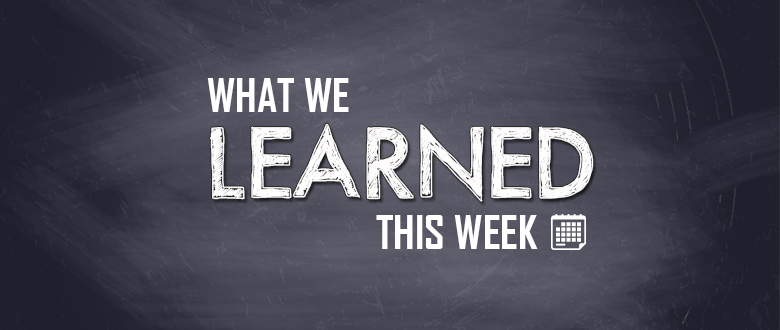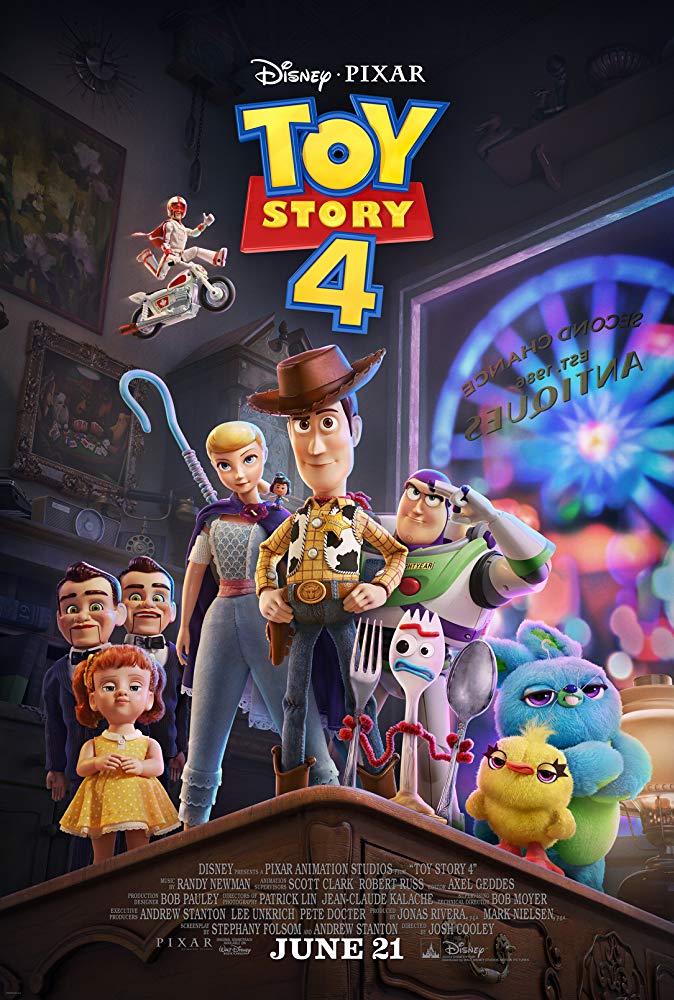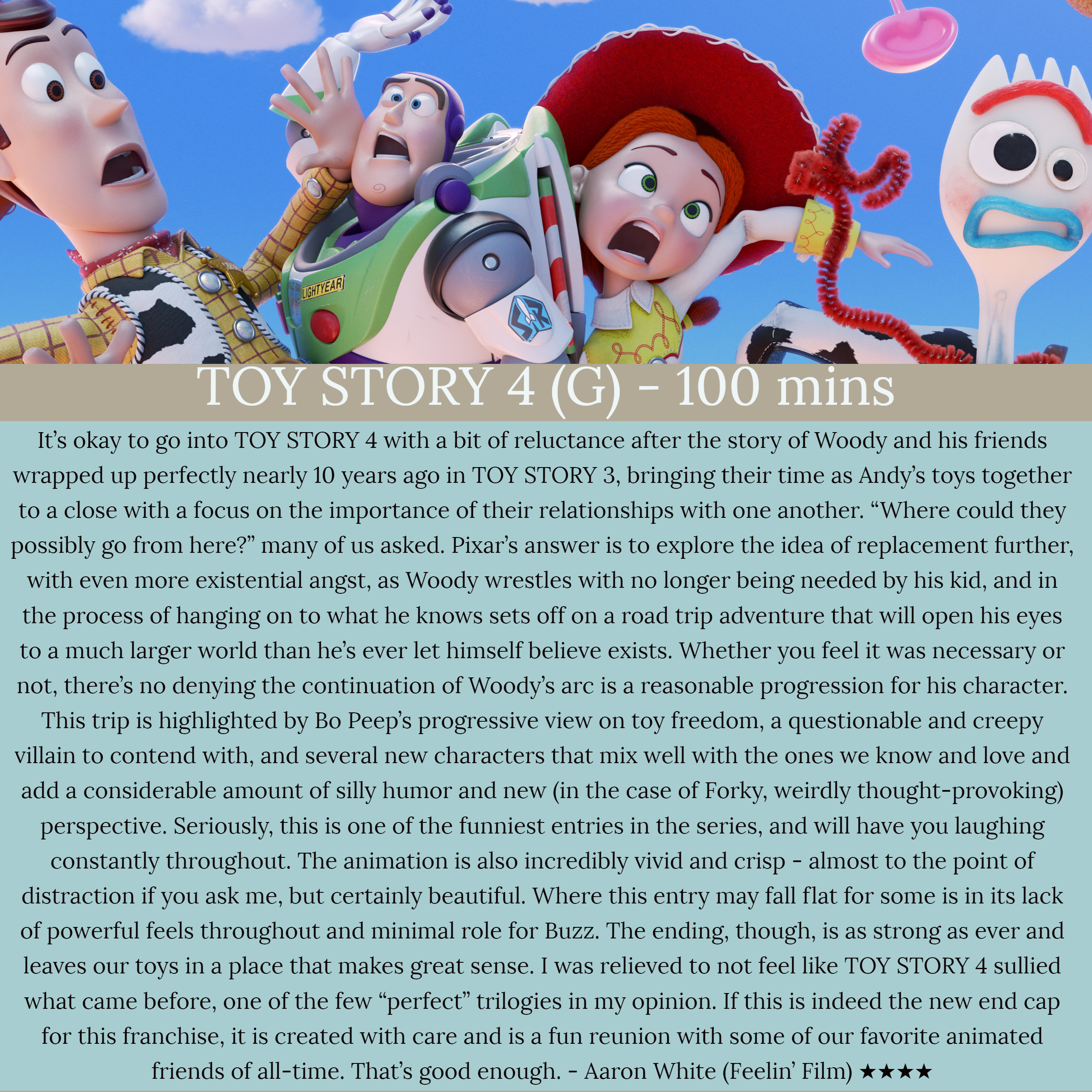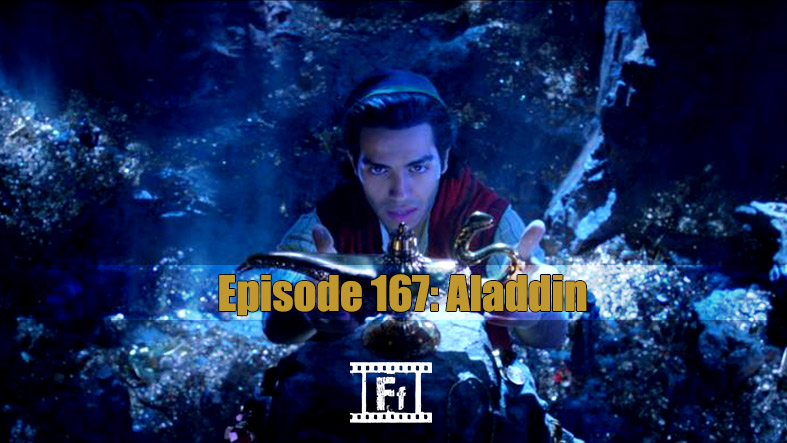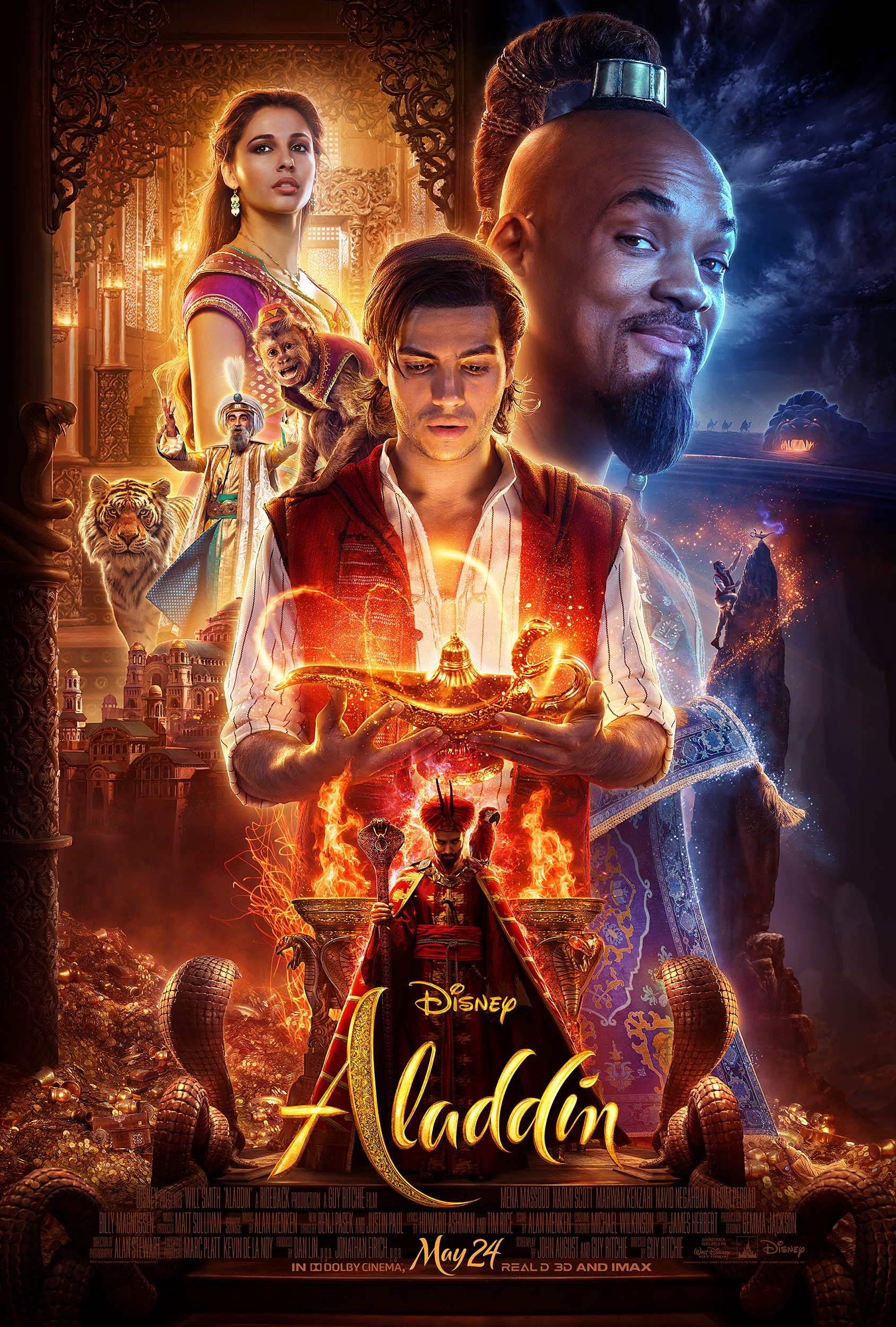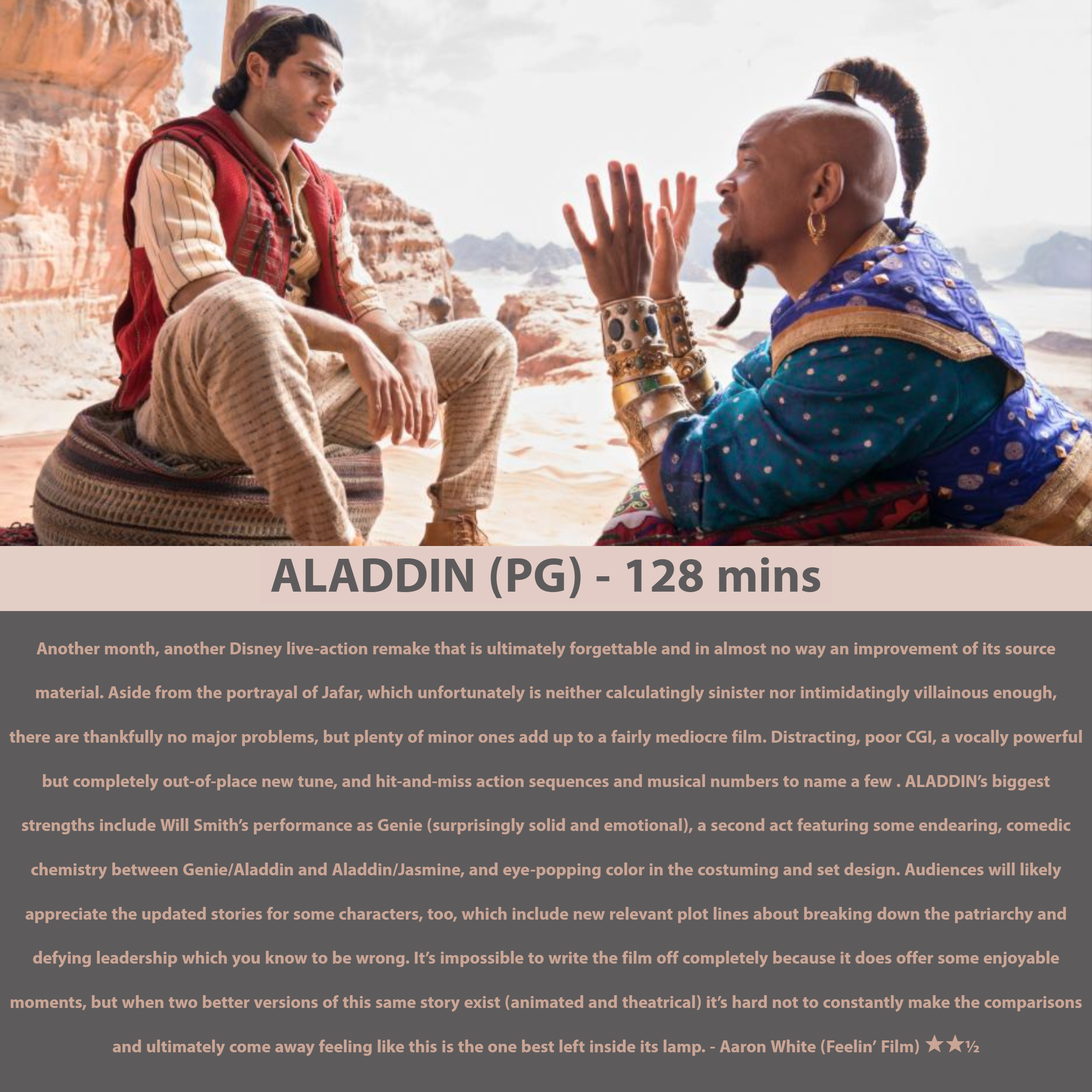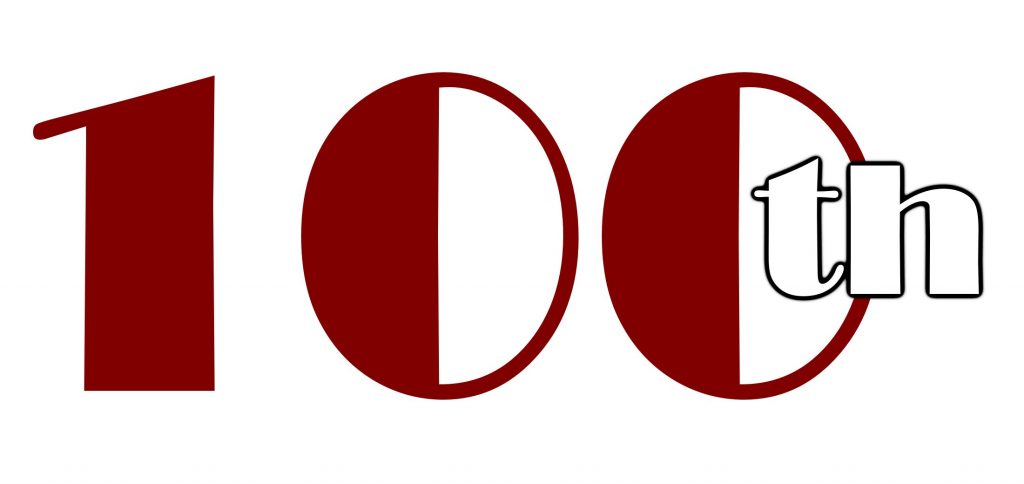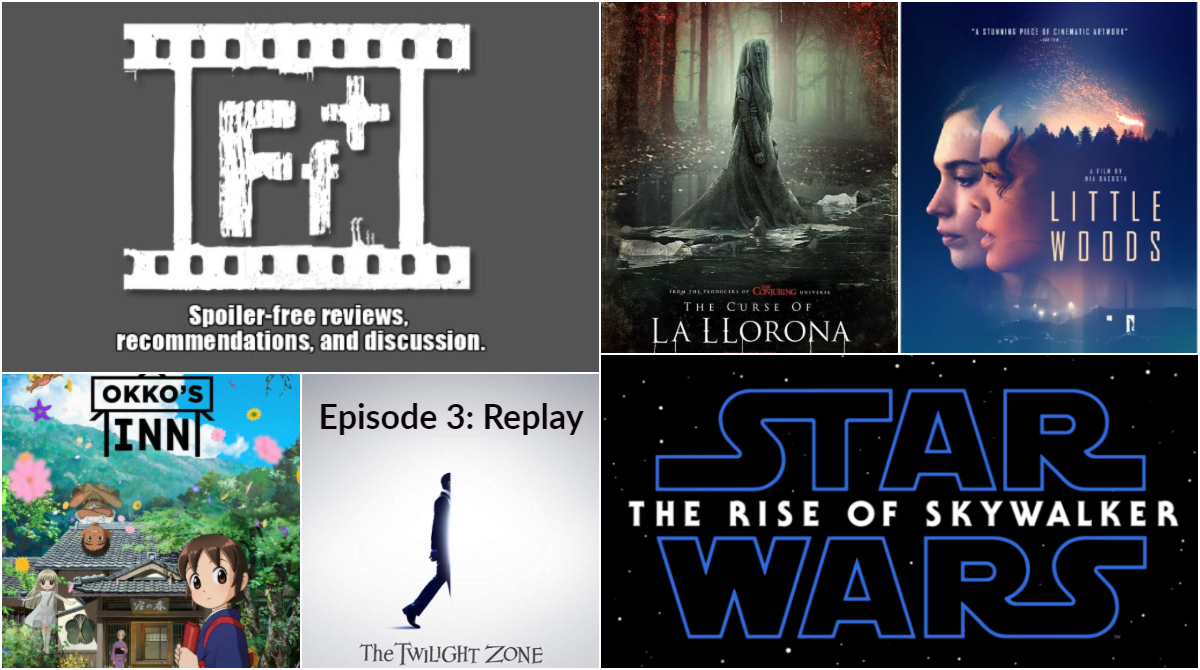THE LESSONS I LEARNED WRITING ONE OF THE FIRST AND FEW NEGATIVE REVIEWS OF “TOY STORY 4”
A week and a half ago, I watched Toy Story 4 during an advance screening for press and I really wrestled with what I watched. I slept on it, researched it, and went back and forth with my paragraphs. In the end, I gave it a two-star review which quantifies to a “Rotten” green splatter on Rotten Tomatoes. I knew vitriol and many questions would come. I sure didn’t know how much, even with the saying of any press being good press (Thanks, ComicBook.com). Let me tell you, I had quite the learning experience that is fitting for a special and personal “What We Learned This Week” editorial.
LESSON #1: IT WASN’T ABOUT THE ATTENTION— Those of you who know me and follow my work know my snark level is not very high. I’m not a purposeful contrarian and I don’t go about this with a mean spirit. I’m not out to burn anything to the ground, even if it’s Terrence Malick. Sure, I may write about lofty and nice film often, but I am far from a film snob too. Higher cinephiles than me have said worse things about more universally acclaimed movies than Toy Story 4. I gave Toy Story 3 the highest of acclaim possible in a review nine years ago and included the franchise in the top five of the best trilogies ever (for which it has now departed). I’m a regular guy, father of two, and a school teacher. Those are my informed anchors and lenses. 4500+ review views later, I will still assert that didn’t do this to get page clicks or to get noticed. I don’t get paid to write reviews. The ad revenue is pennies in a piggy bank and does not constitute a making a living on this stuff.
LESSON #2: BE HONEST WITH YOURSELF— Again without contrarian snark, I wrote what I did with honesty in mind. Believe me, it would have been way easier to give the movie a pass or follow the pack mentality. I couldn’t with honesty and personal integrity do that, no matter the movie. I don’t give passes to anyone. Because of that, I knew to be careful next.
LESSON #3: BE CAREFUL WITH YOUR WORDS— I go into each review, positive for negative, mindful of the words I use, especially the hyperbole. I have loved and championed this list of movie critic cliches from Letterboxd user Erik Bajzert and I actively avoid them at all costs. They have become my rules and style guide.
LESSON #4: IT IS ENTIRELY POSSIBLE TO SEE A MOVIE’S FAULTS AND STILL RECOMMEND IT AND ENCOURAGE AN AUDIENCE— At no point was I shouting from any mountaintop that people shouldn’t see Toy Story 4. With Lesson #3 in mind, my review was not about “love” or “hate” or “like” or “dislike.” I didn’t and wouldn’t use those words and I dare you to find one in my piece. Kyle Smith of the National Review was far less kind than me. Reviewing a movie for me is more than the emotional takeaways. I go deeper. I don’t hate Toy Story 4. I even don’t dislike Toy Story 4. I’ll recommend people see it and form their own opinion until the cows come home. I’ll use Lesson #5 to explain my review points.
LESSON #5: IT’S ABOUT EFFECTIVE VERSUS INEFFECTIVE— For all the people who ask about a part or point of my review, my answer has been talking about effectiveness instead of hate or dislike. That’s me trying to apply objectives to the subjective and maintaining the mindfulness from Lesson #3. There are more narrative choices, plot points, character moments, repetitive tropes and more than I flatly found ineffective rather than effective for several reasons. I spell them out in detail in one of the longest reviews I’ve written this year because I knew the need to explain carefully. I’d write even longer if I stepped further into spoilers. Again, see Lesson #3.
LESSON #6: I’M NOT WRONG AND NEITHER ARE YOU— I’ll partially throw one of our Feelin’ Film hosts under the bus with the use of the word “wrong.”

It’s not about right or wrong. I didn’t write anything wrong. I just wrote something different and carried an opposing opinion. We’re all allowed that and I know I’ve come a long way around here (Dunkirk and “masterpiece,” anyone?) to be better myself about labels and being receptive. I knew what Aaron White meant (though a few others gave him a slice of shade). and he’s always going to be respected and cool in my book. I thank him for supporting my work, including the space to rant like this every week.
LESSON #7: INTERNET COMMENTS ARE THE WORST— Boy, oh boy, is the troll side of the internet alive and well. OK. Fine. You disagree with an opinion. Like we all say, it’s just a movie. What does writing hate do? What does wishing bodily harm to a person and his family do? Does it make your feel better or tough? Does Disney thank you for needlessly defending its honor? Some comments are truly sickening. I’m willing to bet 80% or more of the people who wrote one of the 50+ comments on my review didn’t even watch Toy Story 4. See the movie first then come and really talk. It was quite telling to me how the comments virtually stopped after its Friday debut, where maybe the realization of what I wrote wasn’t all that contrarian and spiteful. Luckily, I’m the type of person that doesn’t absorb that kind of garbage. I know all of it is fake internet courage.
LESSON #8: NO REGRETS— Cue Scottie. P. from We’re the Millers. I guested on Ian Simmons’s “Kicking the Seat” podcast talking about Toy Story 4 that week and fellow dais participant (and friend of the Feelin’ Film page) Emmanuel Noisette of E-Man’s Movie Reviews and The Movie Blog offered an on-air intervention session. He pleaded a little to reconsider my rating and review and to watch the movie again. I’ll certainly be seeing the sequel again with my wife and kids at some point. Maybe I do come around to more like and love, but I remain confident about my review speaking on worthwhile effectiveness. I don’t regret a word I wrote because I did it with honesty, clarity, and integrity. Toy Story 4 loses zero its standing and reputation from me and the other “Rotten” reviews. The film will do just fine and not a real thing in the world is burnt. The comments are horrible, but I don’t regret leaving the comment section open. I take all comers and customers. The many rational discussions with critic peers and general friends alike since in real spaces have been wonderful across the board. Shout out to Mike Crowley of “You’ll Probably Agree” for another solid and civil podcast discussion like Ian’s. If anything, the challenge going forward is to maintain my consistency as a critic, especially on the Rotten Tomatoes platform. There is a responsibility to that, which I completely understood even before this experience. This review, in a way, can count as a baseline or cornerstone. I must be wary of that and the comparisons possible going forward. This all only makes me want to work harder. Thanks for reading and your support!
 DON SHANAHAN is a Chicago-based and Rotten Tomatoes-approved film critic writing on his website Every Movie Has a Lesson. His movie review work is also published on 25YL (25 Years Later) and also on Medium.com for the MovieTime Guru publication. As an educator by day, Don writes his movie reviews with life lessons in mind, from the serious to the farcical. He is a proud director and one of the founders of the Chicago Independent Film Critics Circle and a member of the nationally-recognized Online Film Critics Society. As a contributor here on Feelin’ Film now for over two years, he’s going to expand those lessons to current movie news and trends while chipping in with guest spots and co-hosting duties, including the previous “Connecting with Classics” podcasts. Find “Every Movie Has a Lesson” on Facebook, Twitter, and Medium to follow his work. (#105)
DON SHANAHAN is a Chicago-based and Rotten Tomatoes-approved film critic writing on his website Every Movie Has a Lesson. His movie review work is also published on 25YL (25 Years Later) and also on Medium.com for the MovieTime Guru publication. As an educator by day, Don writes his movie reviews with life lessons in mind, from the serious to the farcical. He is a proud director and one of the founders of the Chicago Independent Film Critics Circle and a member of the nationally-recognized Online Film Critics Society. As a contributor here on Feelin’ Film now for over two years, he’s going to expand those lessons to current movie news and trends while chipping in with guest spots and co-hosting duties, including the previous “Connecting with Classics” podcasts. Find “Every Movie Has a Lesson” on Facebook, Twitter, and Medium to follow his work. (#105)

